Trommel Screen in Waste Processing and Recycling
Trommel screens, also known as rotary screens, are a fundamental piece of equipment in various waste processing and recycling applications. Their primary function is to separate materials based on size, which makes them invaluable in the processing of municipal solid waste (MSW), construction and demolition (C&D) waste, and materials in recycling facilities. Trommel screens consist of a rotating cylindrical drum that is perforated with holes of varying sizes. As waste materials are fed into the drum, the rotation causes smaller materials to pass through the holes while larger items continue to move along the drum's length until they are discharged at the end. This simple yet effective mechanism allows for the efficient sorting and processing of a wide range of waste materials.
Municipal Solid Waste (MSW) Sorting
One of the most common applications of trommel screens is in the sorting of municipal solid waste (MSW). MSW consists of everyday items discarded by households, businesses, and institutions, including organic waste, paper, plastics, glass, metals, and other materials. In MSW processing plants, trommel screens are used to separate organic waste from inorganic materials. The organic fraction, which typically includes food waste, yard trimmings, and other biodegradable materials, can be directed towards composting or anaerobic digestion processes. These processes convert organic waste into valuable products like compost or biogas, which can be used in agriculture or energy production.
On the other hand, the inorganic fraction, which includes plastics, metals, glass, and other non-biodegradable materials, can be further sorted for recycling. Trommel screens play a crucial role in this initial separation process, ensuring that materials are properly categorized for their subsequent processing. This not only enhances the efficiency of recycling operations but also reduces the amount of waste that ends up in landfills.
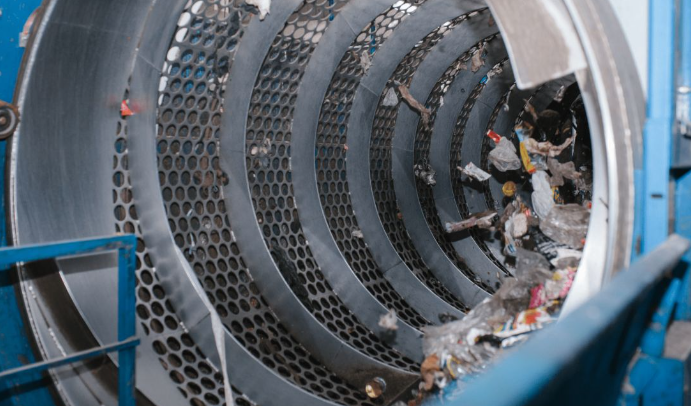
Construction and Demolition (C&D) Waste Processing
Trommel screens are also widely used in the processing of construction and demolition (C&D) waste. C&D waste includes materials like wood, concrete, asphalt, metals, and other debris generated from construction, renovation, and demolition activities. The separation of these materials is essential for recycling and proper waste management.
In C&D waste processing, trommel screens are used to separate materials based on their size and composition. For instance, wood and other organic materials can be separated from heavier materials like concrete and metal. This separation allows for the recycling of valuable materials, such as metals and concrete, which can be reused in construction projects. Additionally, the separation process helps in the proper disposal of hazardous waste, such as asbestos or lead-based materials, ensuring that these dangerous substances do not contaminate the environment.
The use of trommel screens in C&D waste processing not only promotes recycling but also contributes to the conservation of natural resources. By recovering and reusing materials from construction and demolition activities, the demand for virgin resources is reduced, leading to a more sustainable approach to building and development.
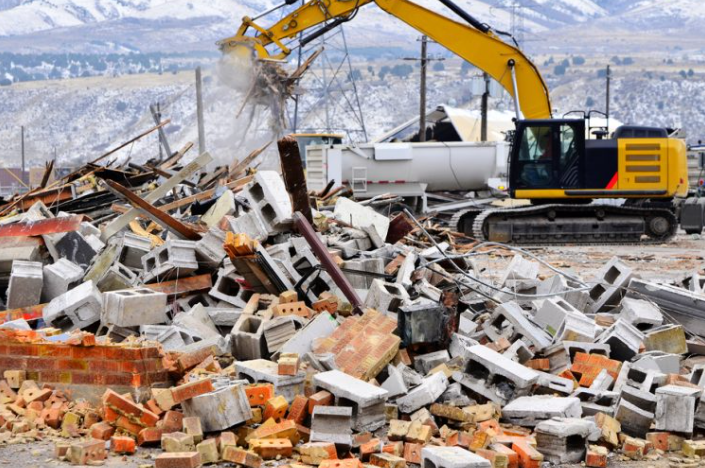
Recycling Facilities
Recycling facilities are another area where trommel screens are extensively used. In these facilities, trommel screens are employed to sort a wide range of recyclable materials, including plastics, glass, metals, and paper. The sorting process is critical to ensure that each type of material is separated for further processing and recycling.
For example, in a plastic recycling plant, trommel screens can be used to separate different types of plastics based on their size and weight. This is particularly important because different types of plastics have varying properties and recycling processes. Similarly, in glass recycling, trommel screens help to separate broken glass pieces from contaminants like labels and caps, ensuring that the glass can be effectively recycled into new products.
In metal recycling, trommel screens are used to sort ferrous and non-ferrous metals, which are then sent to specialized facilities for further processing. The sorted metals can be melted down and formed into new products, reducing the need for mining and processing of raw materials. By facilitating the efficient sorting of recyclable materials, trommel screens play a vital role in the circular economy, where waste materials are continually reused and repurposed.
Composting Operations
Composting is another application where trommel screens are highly effective. Composting involves the aerobic decomposition of organic materials, such as food waste, yard trimmings, and agricultural residues, to produce compost, a nutrient-rich soil amendment. However, for composting to be successful, it is essential to ensure that only organic materials are included in the process, while non-compostable contaminants are removed.
Trommel screens are used in composting operations to separate compostable materials from non-compostable contaminants, such as plastics, glass, and metals. The screened organic matter can then be further processed into high-quality compost, which can be used in agriculture, landscaping, and soil restoration projects. By removing contaminants, trommel screens help to ensure that the compost produced is free from harmful substances, making it safe and beneficial for use in the environment.
Furthermore, the use of trommel screens in composting operations can enhance the efficiency of the composting process. By separating materials based on size, trommel screens help to create a more uniform feedstock, which can decompose more evenly and quickly. This results in a higher quality compost product that is more marketable and valuable.
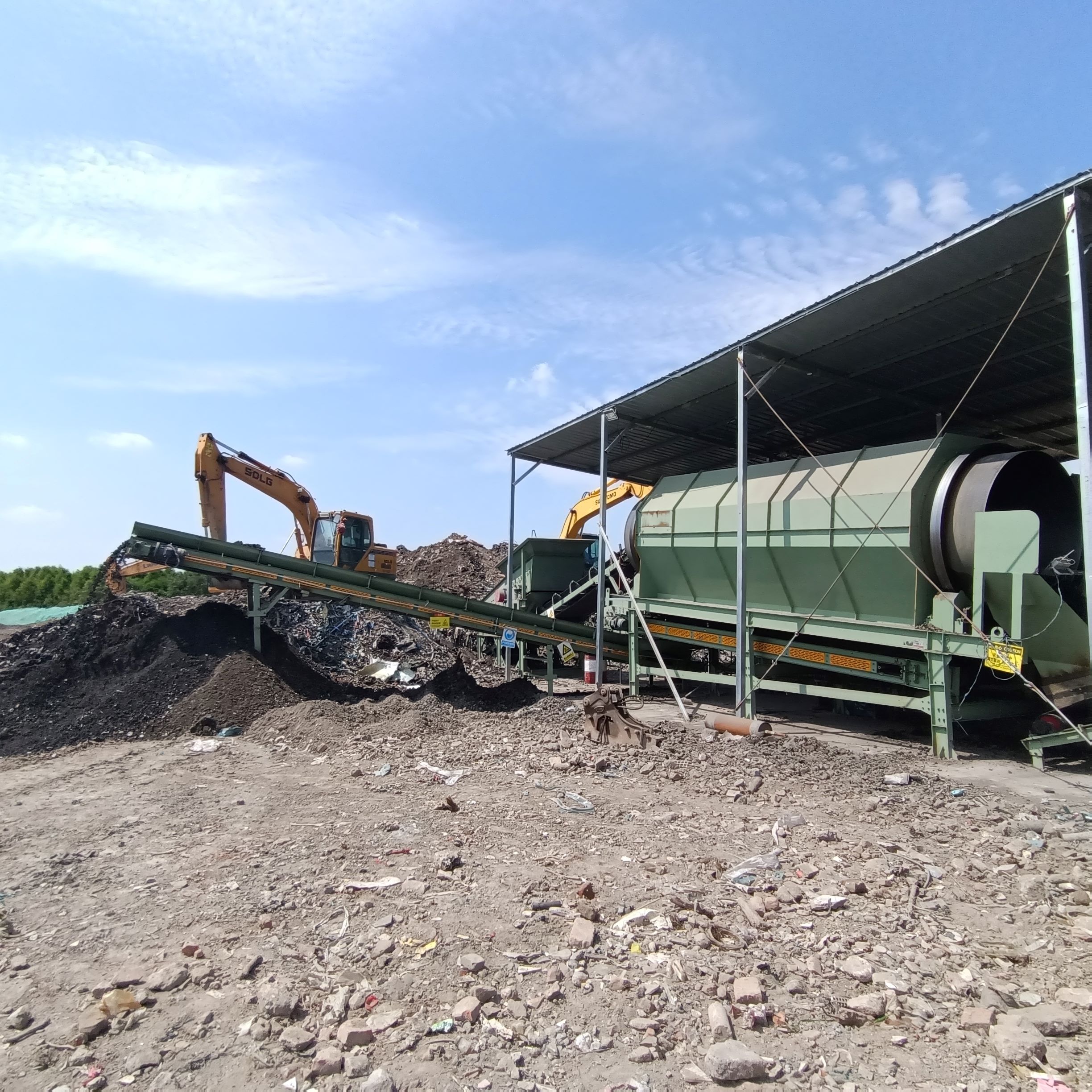
Conclusion
In summary, trommel screens are a versatile and essential piece of equipment in various waste processing and recycling applications. Whether used in municipal solid waste sorting, construction and demolition waste processing, recycling facilities, or composting operations, trommel screens play a crucial role in separating materials based on size and composition. This separation process is fundamental to the efficient recovery, recycling, and repurposing of waste materials, contributing to the conservation of natural resources and the promotion of a circular economy. As waste management and recycling continue to evolve, the role of trommel screens in these processes will remain vital, helping to create a more sustainable and environmentally responsible approach to handling waste.
-
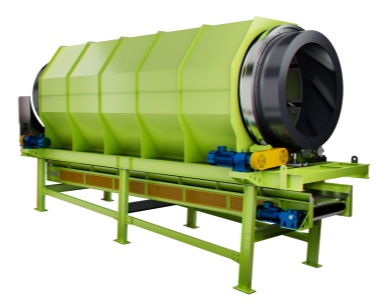 Trommel screenTrommel screen, also known as drum screens, are widely used in various industries for sorting and separating materials.Get Quote
Trommel screenTrommel screen, also known as drum screens, are widely used in various industries for sorting and separating materials.Get Quote -
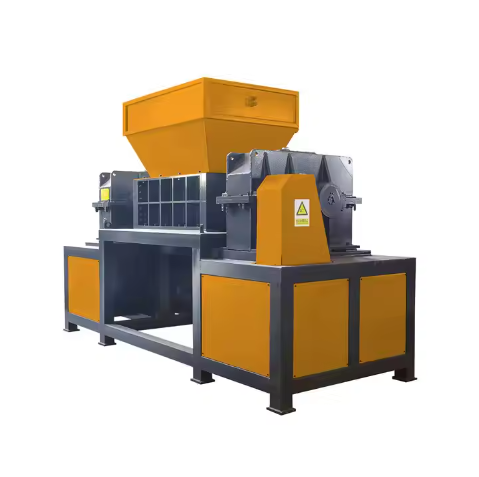 Crop straw double shaft shreddApplications:Biomass Energy Production: Shredded straw can be used as a feedstock for bioenergy plants to produce electricity or heat.Livestock Feed: Reduced-si...Get Quote
Crop straw double shaft shreddApplications:Biomass Energy Production: Shredded straw can be used as a feedstock for bioenergy plants to produce electricity or heat.Livestock Feed: Reduced-si...Get Quote -
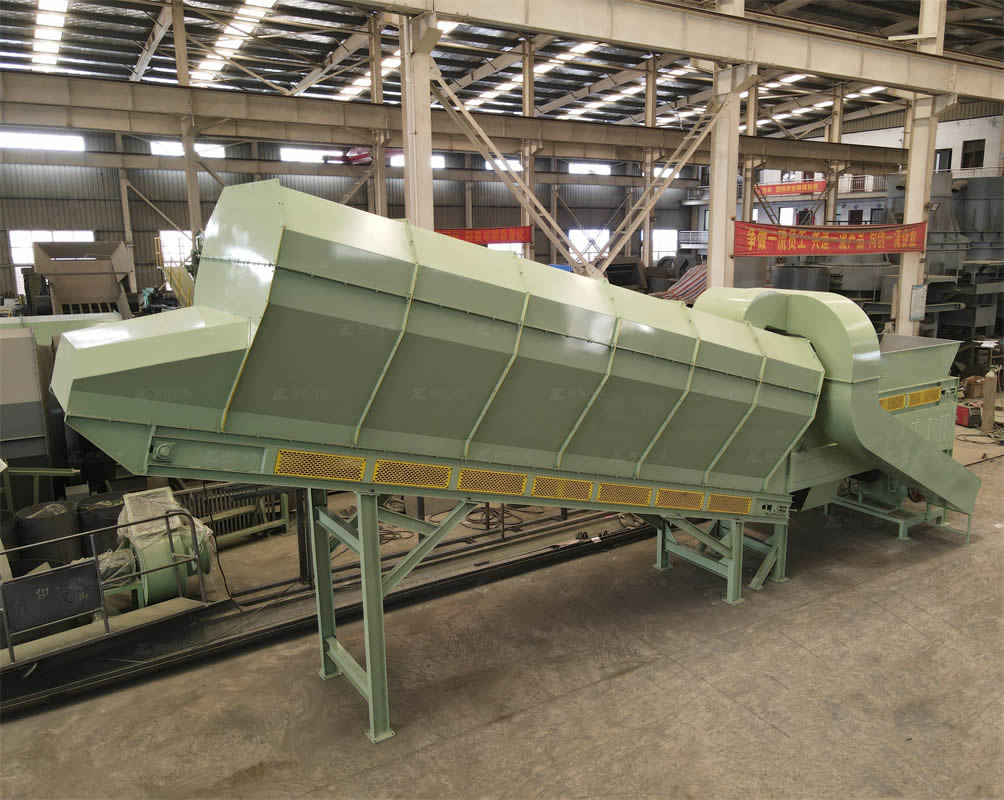 Zhongcheng Air Drum SeparatorAir drum separators effectively separate lightweight materials (e.g., plastics, paper) from heavier materials (e.g., metals, glass). This high efficiency is cru...Get Quote
Zhongcheng Air Drum SeparatorAir drum separators effectively separate lightweight materials (e.g., plastics, paper) from heavier materials (e.g., metals, glass). This high efficiency is cru...Get Quote
-
2024-10-23Solid waste recycling plantOur company engaged in waste sorting system . We are professional about waste sorting system . We have professional technical team. Professional technical team...
-
2024-05-28Garbage screening drum screenTrommel screen is consisting of five parts: drum, frame, hopper, reducer and motor.After the material goes into the drum, it is screened along with the rotation...
-
2024-08-12Wood Pallet ShredderConsiderations When Choosing a Wood Pallet Shredder:Material Type: Different wood types may require specific configurations or materials of construction.Output ...
-
2023-01-12Conveyor BeltGarbage conveyor/Trash conveyor belt system is a processing line to classify paper, plastic, metal, glass, and organic matter and realize the recycling of rubb...
-
2024-05-18Spring Cone CrusherSpring cone crushers are generally used in the medium and fine crushing links of mine crushing, and are mainly used in the secondary crushing and tertiary crush...



